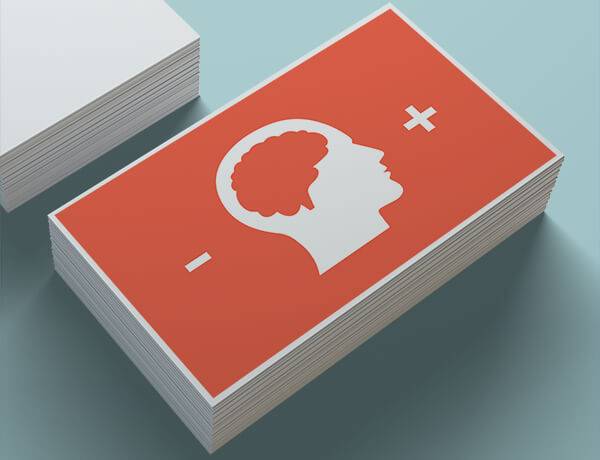Please provide your information and submit this form. Our team will be in touch with you shortly.
Of those aged 65 and older, 10 to 20 percent have mild cognitive impairment. In addition, women have a 1 in 6 chance — and men have a 1 in 11 chance — of developing Alzheimer’s during the remainder of their lives.¹
There are three basic forms of cognitive decline associated with aging:
- Age-related changes in memory are a natural consequence of aging.
- Mild Cognitive Impairment involves mild memory loss, such as forgetting important events or appointments, or an inability or difficulty with finding the right word in a conversation.
- Dementia, which includes Alzheimer’s disease, is a chronic, progressive, irreversible and comprehensive cognitive impairment that may affect daily functioning.
There are a range of risk factors that can lead to cognitive decline, including:
- Increased age
- Genetic predisposition
- Smoking
- Excessive use of alcohol
- Physical and mental inactivity
- Chronic stress
- Medical conditions, such as diabetes, depression, high blood pressure, high cholesterol, and hardening of the arteries
- Low social involvement
Strategies to Help Prevent Cognitive Decline
Intellectual Stimulation
Reading, learning a musical instrument, and playing cards or board games are all activities that stimulate the brain and may reduce cognitive decline.
Exercise
Staying physically active can improve your mood, reduce stress, and help eliminate some of the medical conditions that are risk factors.
Low-Fat Diet
A nutritious diet, low in fat, may help reduce contributory risks such as high blood pressure, type 2 diabetes, hardening of the arteries, and high cholesterol.
A Sound Night’s Sleep
It’s normal for sleeping difficulties to emerge with age, but insufficient sleep can impair memory and learning. Going to bed and waking up at the same time can help. However, if you have a sleep disorder, consider seeking qualified assistance.
Stay Social
Staying engaged with friends and family stimulates the brain. If you live alone or have limited social ties, look to build up contact with neighbors and social groups.
Talk to Your Doctor
It’s best not to self-diagnose or treat yourself if you think you are suffering from cognitive impairment. Visit your doctor to explain your symptoms and let him or her assess your condition and recommend the necessary treatment and counseling.
- Alzheimer’s Association, 2016


